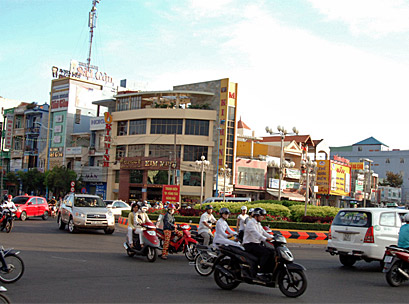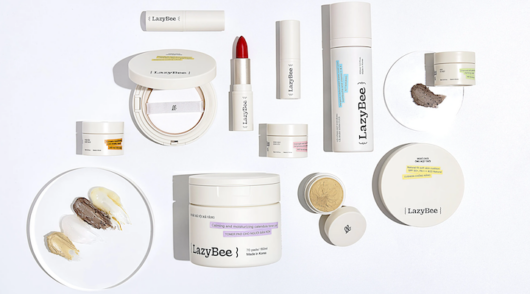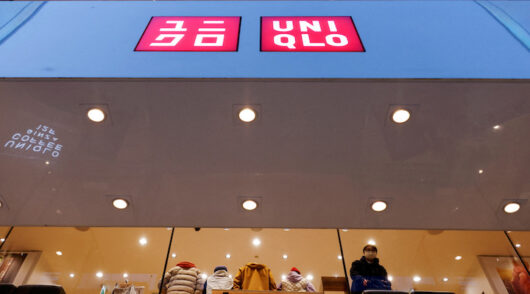Vietnam’s still fledgling organised retail market has just one more year’s regulatory protection before the walls come down.
Foreign retailers have only been allowed to open stores in the developing nation of 90 million people since 2009 and the early entrants have pretty much coloured their accounts with red ink since. But in 2015 Vietnam will have to accede to its World Trade Organization’s obligation to permit the opening of wholly foreign-owned retail businesses, including retailers.
And the challenges faced by early arrivals in the market do not appear to not to be deterring newcomers.
The newest global giant to announce its entry is Central Pattana, the leading developer of shopping centres in neighbouring Thailand, which is negotiating with a Vietnamese partner to develop its first shopping complex in Vietnam. It’s subsidiary will open the first 7-Eleven stores in the nation within the next three months, the beginnings of a nationwide chain.
It will land in good company: Korea’s Lotte Mart and Germany’s Metro Cash & Carry, have established small but high profile presences in the nation’s largest city, Ho Chi Minh. Big C, a joint venture with France’s Group Casino, has 17 outlets already and aims to operate 29 within less than a year, making it the largest network of large format supermarkets. Its stores are arguably the busiest – and the company is now boldly venturing into smaller rural cities where it so far has little competition on similar scale, mirroring its business strategy in Thailand.
Despite a population of 90 million people, organised retailing remains in its infant era: Figures from the Ministry of Industry and Trade show there were just 700 supermarkets nationwide at the end of last year – 40 per cent of them foreign owned. Contrast that with Australia, where Woolworths alone boasts 872 stores under different banners – in a population of just a quarter Vietnam’s. Sure, the per capita incomes are incomparable, but global retail giants can see obvious opportunities to get in on the ground floor – a chance no longer on offer in many markets globally.
Metro has so far opened 10 discount hypermarkets, the format very similar to Sam’s Club or Costco, albeit with a far more discounted offer. Mid-level department store Parkson now has seven outlets – and recently opened its first store in Myanmar, run from its Vietnam office.
Japan’s Aeon opens the first of four new shopping centres initially planned for Vietnam in early January, each anchored by its Jusco supermarket brand, which is already trading successfully in Malaysia. Shopping centres remain thin on the ground as well – just 125, of which 31 are foreign controlled.
Some local retailers are nervous about the looming onslaught – well aware that foreign developers have access to considerably higher capital reserves than can be easily tapped in Vietnam.
Korea’s E-Mart Group has invested US$80 million to establish its operation in Vietnam and Thailand’s Berli Jucker has bought a 65 per cent stake in Thai An Company, which operates 41 “B’s Mart” convenience stores in Ho Chi Minh City, with 20 more now scheduled to be trading by month’s end.
The group plans to open an additional 100 stores in Ho Chi Minh City in 2014 and 300 more in Hanoi and other large cities by 2015 when the gates open to full foreign ownership.
Hong Kong’s Dairy Farm International is building a network of Guardian branded pharmacies and health and beauty stores – a concept with little organised competition short of department stores. It has had a Giant supermarket operational in Ho Chi Minh City for two years and is actively seeking locations to create a network large enough to achieve critical mass.
While local operators like Saigon Co.op Mart are responding to the challenge – new hypermarket formats are under construction to take the fight to Metro and Big C – there are concerns about the level of experience and sophistication of management.
“Vietnamese retailers should learn from outlets such as Big C and Metro, who appear very professional in managing the origin, quality and price of their products,” observed Hoang Ve Dung, deputy general director of Vinatex.






